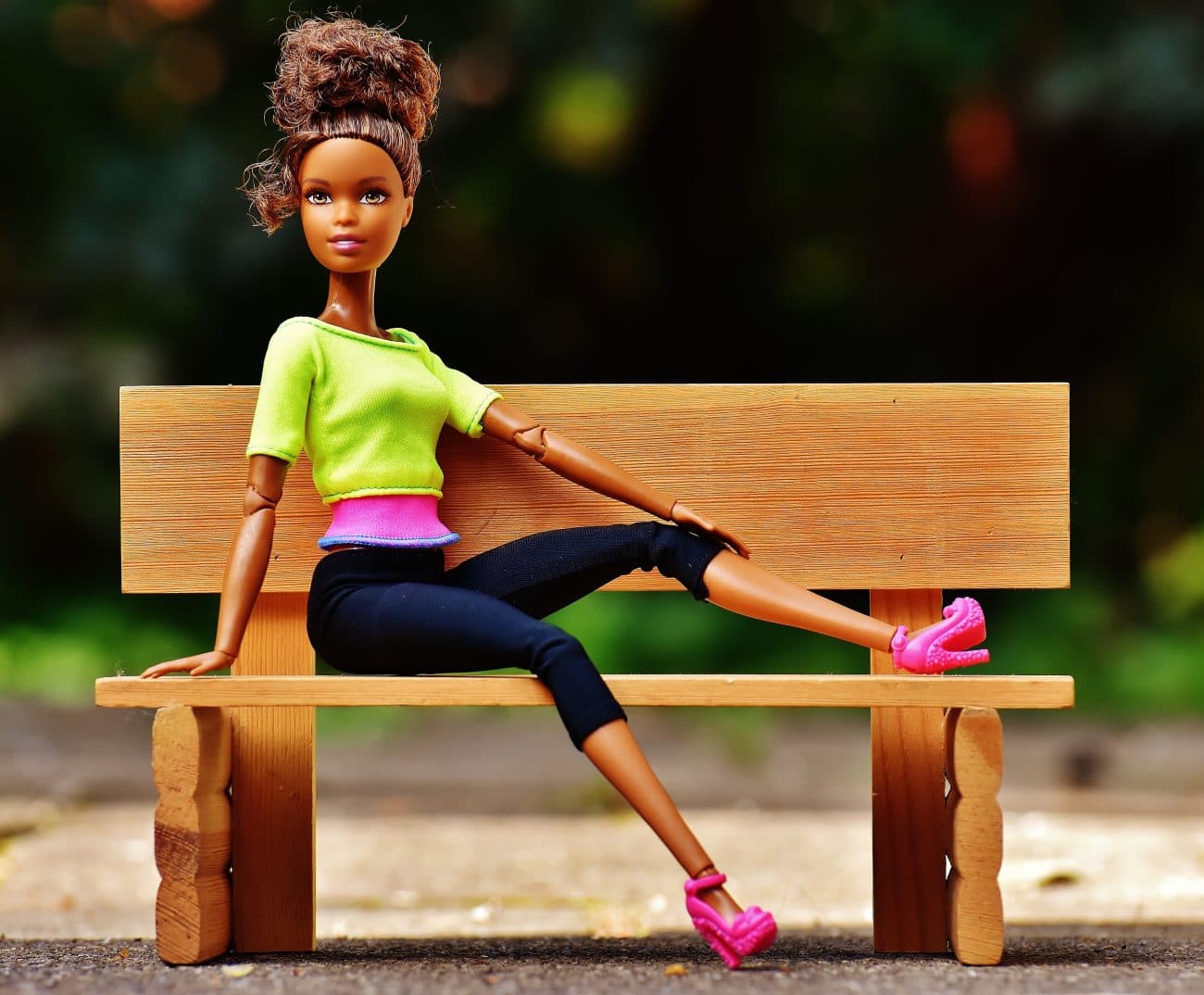Journey to Self-Love, Hip Hop, & Black Dolls
Focsi, pronounced fox-cee. few things evoke such passionate dialogue from my soul as Focsi does. The message is so thoroughly personal and necessary, there are days I believe I may actually bleed fuschia. reading an article about the documentary, “Why Do You Have Black Dolls?” ignited the latest spark. Yes, it sounds a bit trivial, but in the development and building of self-esteem, self-love, and self-confidence in those early years, seeing a doll that looks like you or seeing cartoon characters who look like you is important.
It is important to every child who is bullied for being different. It is important for every person who did not fit in. Focsi stands in direct solidarity with those people, who have no clue that they are not an island, and there are others experiencing the same feelings and situations. It goes deeper than simply an emphatic soft spot for the weirdos, freaks, and geeks. those are MY people!
Bear with me on this lengthier than usual post as I share my story. I have beautiful childhood memories of being a military brat. moving around, living in different countries, different states, and neighborhoods while encountering nice people and not-so-nice people. Those dull, not-so-shiny memories helped shape the person I am today, just as much as the sunshine laughter-filled days.
Early on I accepted being different, not good nor bad, just different from other children I met, as I was the “only” black/brown child in my class, and one of seven black/brown children in the entire elementary school of a few hundred. Different because I did not fit in with anyone. Yes, I had friends, sleepovers, and birthday party invites. But those did not erase the fact of being called a “n*gg*r” everyday for weeks at a time. Nor did those happy moments, erase the fear of being told by one fifth grade classmate, “my uncle’s going to come to your house and hang your daddy, because he’s in the kkk.” Yes, in my fifth grade mind I understood the implications of such a threat. My fight or flight response in both situations, was always fight (self preservation/defense), and then flight.
I did not understand why my skin and hair mattered; or why my skin automatically made me the trouble maker. Nor did I have the vocabulary to express my confusion or formulate questions. So, yes having a brown skin doll mattered, because other than my sister, mother, and father, the brown dolls’ faces were the only brown faces I’d see regularly. During those times, my mom made extra special efforts to arrange playdates and sleepovers with two or three of the few black families we met along the way.
Summers were filled with road trips to visit family and friends. Adventures abound, peppered with “why do you talk white”, and being told “I was not black enough”. The black enough meter had several parameters depending on the person issuing the insult. Then there were the “hair” infatituated green-eyed monsters insisting that “I just knew I was cute cuz I had long curly hair that they would gladly cut or scalp for me.” After a while, I ignored everyone’s comments from both sides. Thus the loaner and floater was born, choosing to be nice to people who were nice to me. Those who were not, a solid punch to the nose or mouth ended those conversations.
Then in the sixth grade my world was forever changed. We moved to Germany. That year, my dad gave me the Autobiography of Malcolm X. Malcolm told a story of Mecca, a place where people of all hues got along as brothers and sisters. They were nice to each other. The color of your skin and your hair did not matter. It transformed him from that moment forward, as reading his words changed me. Because somewhere in my mind, I knew that type of place existed, as did the people who inhabited such a place, and I hoped Germany would be my Mecca.
School started for the first time, I was NOT the only. I discovered my people. Despite this fact, those feelings of inadequacy lingered. Until the likes of Salt-n-Pepa, Queen Latifah, Mc Lyte, Isis, and other female emcees shared a different story. Their posters became my new dolls. Meticulously displayed on the wall closest to my bed reserved for LADIES ONLY. They represented positive, strong, women of color. They were grown and I was determined to one day be grown like that, too. Self-confident and poised with words that could slice and uplift equally.
In college, I really met my people. Not at the historically black university, I attended for three years; but at the ethically diverse institution I graduated from. There I met other people with similar childhood stories of being the “only” and “not black enough”. We connected. We laughed. We accepted ourselves and each other. Realizing that each of experiences are part of the tapestry included in the quilt of black experiences; and that no one has a monopoly on what it means to be black and/or beautiful.
Focsi is a continuation of those images that inspired me, held me, shaped my view of myself and other women of color. showcasing the diversity within the community is important and necessary. Focsi is not the entire solution to the ills and issues of the whole community, but it is definitely a great dialogue, record, and reminder that: You Are Beautiful Just As You Are! (YABJAYA)!





